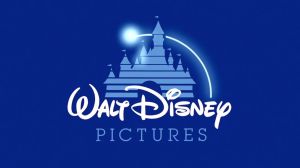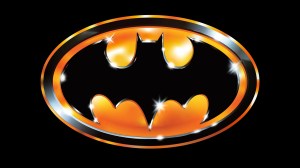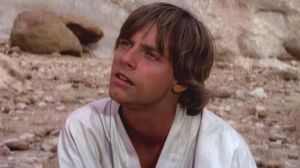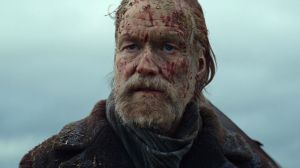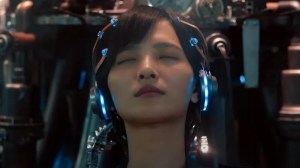Spider-Man star Willem Dafoe, now starring in small-budgeted black and white psychological horror The Lighthouse, agrees with filmmaker Martin Scorsese‘s concerns smaller films are in danger of being pushed out of theaters by bigger-budgeted blockbusters — particularly superhero movies. When expanding upon controversial comments in which Scorsese said Marvel movies are “not cinema,” The Irishman filmmaker clarified his position, saying at the heart of his criticisms were concerns that comic book movies are invading movie theaters. “Right now the theaters seem to be mainly supporting the theme park, amusement park, comic book films. They’re taking over the theaters,” Scorsese said in October. “I think they can have those films; it’s fine. It’s just that that shouldn’t become what our young people believe is cinema. It just shouldn’t.”
Videos by ComicBook.com
Appearing at 92Y in New York on Friday for a discussion and screening of The Lighthouse, Dafoe was asked by moderator Caryn James if he agreed with Scorsese’s worries that bigger franchise movies are making it more difficult to distribute smaller or independent films. “Yes,” Dafoe answered. Asked what filmmakers might do about such concerns, Dafoe offered, “I mean, I don’t know. It’s up to the people. They’re gonna have to get back to that experience. I don’t know.”
“Films have changed so much even in the time that I’ve been working, where they sit in the culture, obviously, and how we watch films. And I’m a pretty forward-looking person, but I’m old-fashioned in the fact that nothing beats being in a dark room with a bunch of strangers, watching a light on a screen and having the experience,” Dafoe said. “I think as everybody gets punched out from too much stuff on TV, too many choices, they’re gonna want that. So it may be a more marginalized thing, but I think it’ll always be there.”
Dafoe added such movies are at risk of becoming stagnant, whether or not they’re pushing auteur work out of theaters.
“What I worry about is, those big movies, they need something to feed them. They need a surge, and they need people pushing the boundaries so they can go forward. Because they’re not in the business of going forward, really,” he said. “They’re in the business of business, and you can make beautiful things because they have a lot of resources. They can make fantastic things and they can make things that work all over the world because very few other countries have that kind of muscle to make these spectacular things. And they’ve touched on comic book movies which have kind of a Joseph Campbell thing going, they’re our modern gods. But I don’t have anything, really, intelligent to say about this [laughs].”
Beyond the Sam Raimi-directed Spider-Man trilogy, where Dafoe portrayed Norman Osborn-slash-Green Goblin, Dafoe appeared opposite Jason Momoa in James Wan’s Aquaman. Remarking he doesn’t want to “bite the hand that feeds [him],” Dafoe noted his comic book credits were “fun.”
“I mean, I’ve done some of those movies, and they’re fun. But also, even then, I got lucky because they’ve been personal,” he said. “For example, Spider-Man was great fun because Sam Raimi made that like it was a little independent film. And also that was before a lot of the technology was in place, and comic book movies were fairly new, so it was exciting.”
Still, Dafoe added, “The industry outgrew itself.”
The Lighthouse, also starring Robert Pattinson, is now playing.


